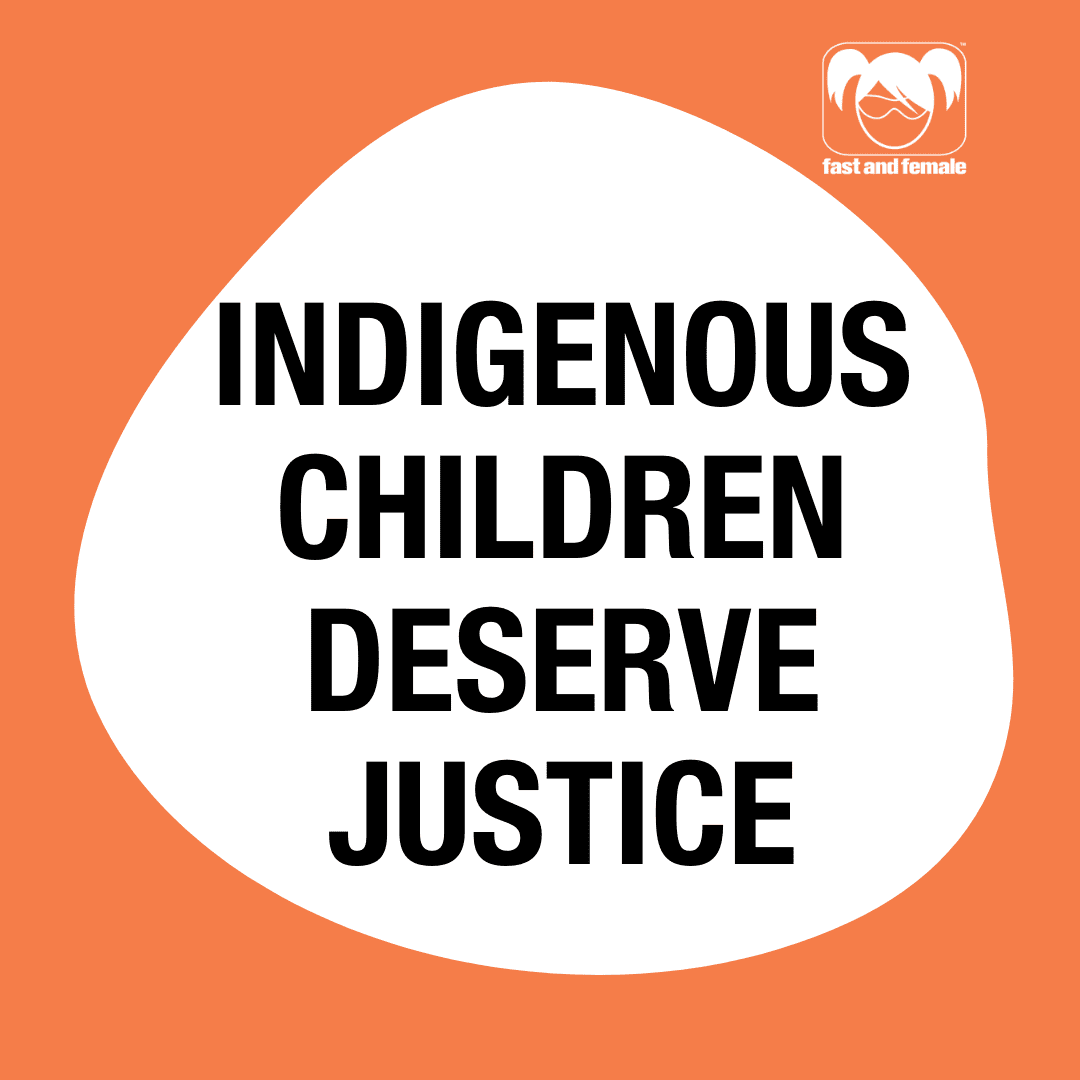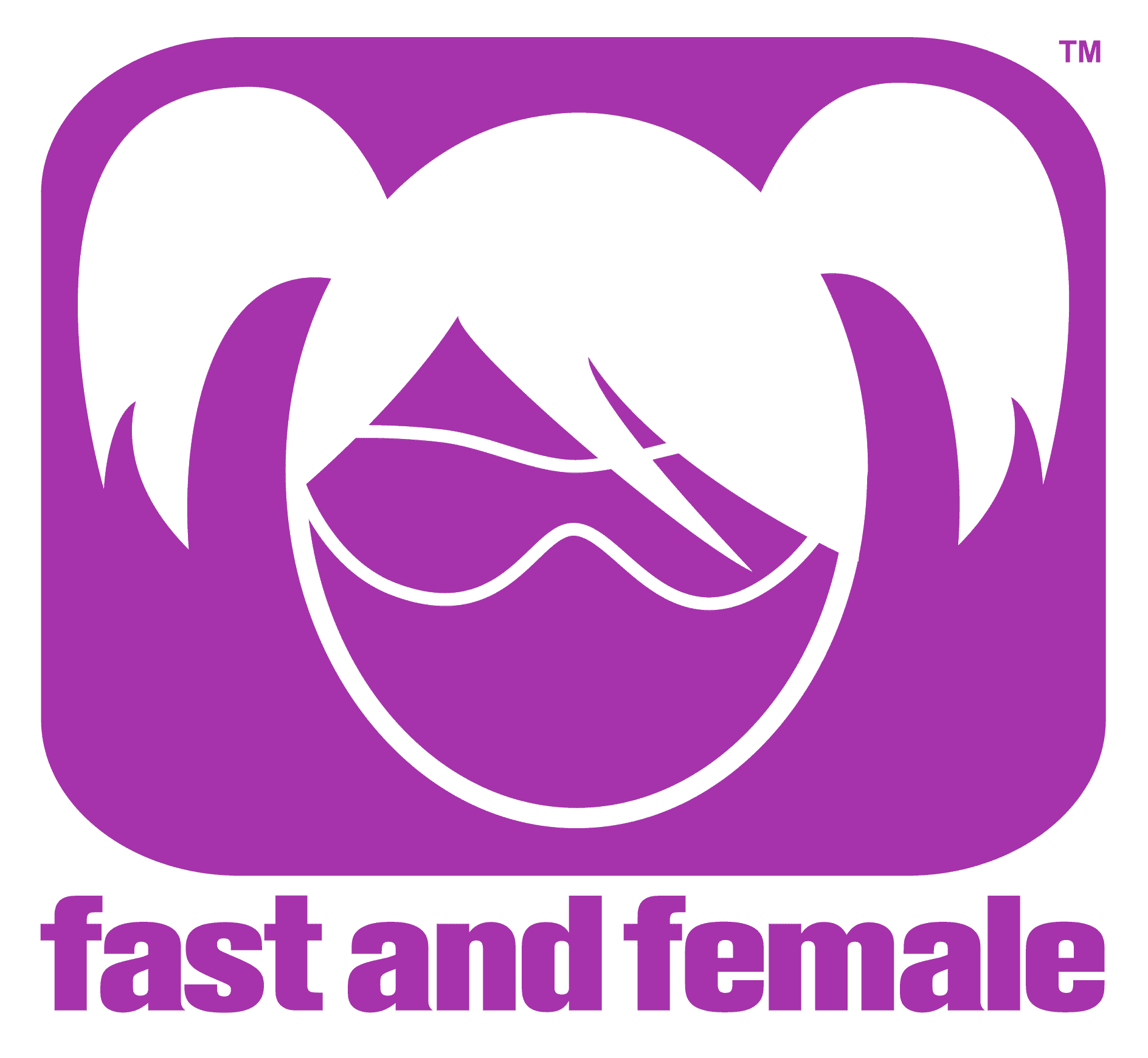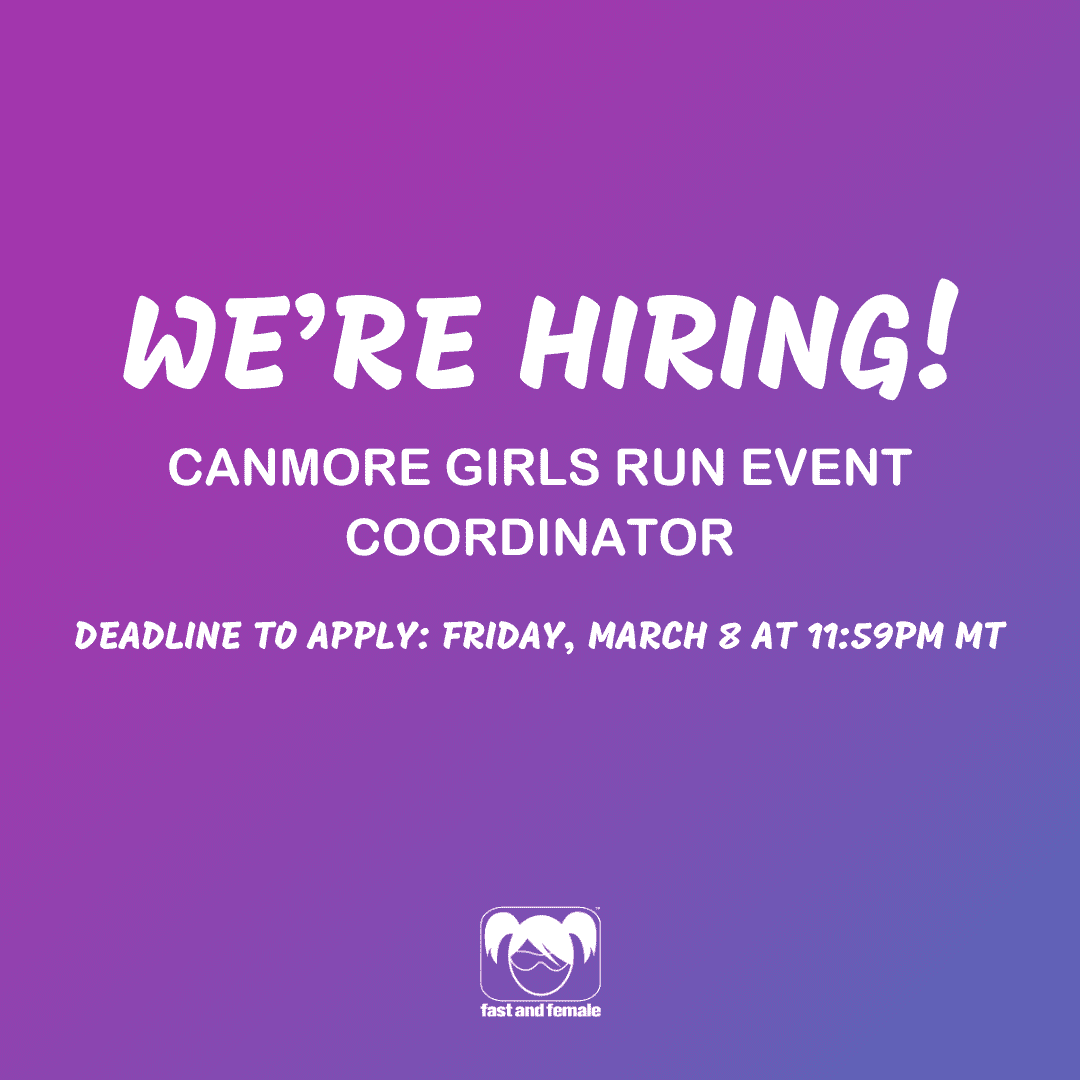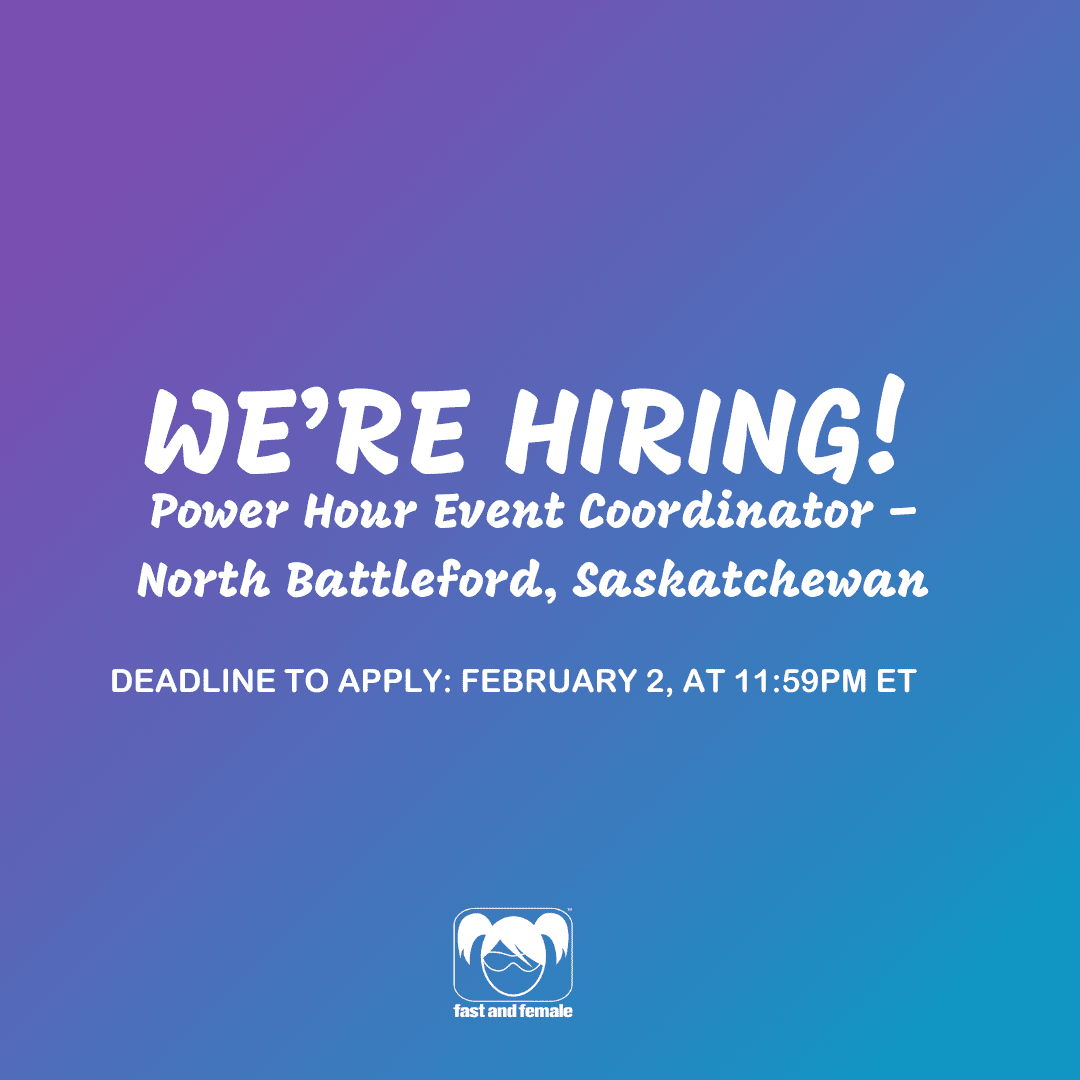We are thrilled to be collaborating with Hillberg & Berk, a women-owned Canadian jewellery company…

In Solidarity with Indigenous Peoples
Trigger warning
The following statement includes mention of residential schools, systemic, structural and systematic modes of oppression, and violence against children
Support is available for anyone affected by residential schools’ intergenerational trauma, and those triggered by the latest reports.
- The Residential School Survivors Society (IRSSS) can be contacted toll-free at 1-800-721-0066.
- A national Residential School Crisis Line has been set up to provide support for former students and those affected. Access emotional and crisis referral services by calling the 24-hour national crisis line: 1-866-925-4419.
The remains of 215 children were found in a mass grave site on the grounds of the former Kamloops residential school in British Columbia. Fast and Female and our greater community, mourns with the Tk’emlups te Secwépemc, the families of the children, all survivors of residential schools and Indigenous Peoples across the nation.
A large number of children who were taken away and placed into residential schools in an act of genocide against Indigenous Peoples never returned home. These children have come to be known as the Missing Children. According to conservative estimates from the Truth and Reconciliation Commission of Canada, it is believed that approximately 4,100 to 6,000 children have died as a result of the abuse and neglect within these residential schools.
Fast and Female will use our platform to share resources and information about the atrocities of residential schools which lasted as recently as 1996, and the systemic, structural and systematic modes of oppression that continue to be inflicted upon Indigenous Peoples and First Nations today.
As settlers, it is our responsibility to acknowledge that we greatly benefit from colonialism in Canada. A statement released by the Office of the Chief, Kukpi7 Rosanne Casimir called upon “all Canadians to reacquaint themselves with the Truth and Reconciliation Commission Final Report and Calls to Action – upholding the heavy lifting already done by the survivors, intergenerational survivors, and the TRC. In addition, to show your solidarity, we encourage you to wear an orange shirt and start conversations with your neighbours about why you are doing so.”
For non Indigenous folk who are looking for resources on how to take action and work towards reparations and reconciliation with Indigenous People and First Nations:
- Read the Truth and Reconciliation Commission of Canada: Calls to Action
- How to Support Tk’emlups te Secwépemc
- Settlers Take Action
- Learn about the land which you occupy
- Learn about the case on First Nations child welfare and Jordan’s Principle
- Free virtual Indigenous History course offered by University of Alberta through Coursera
- Native Women’s Association of Canada’s (NWAC) Action Plan to End the Attack Against Indigenous Women, Girls, and Gender-Diverse People
- Canada’s Residential Schools: Missing Children and Unmarked Burials: The Final Report of the Truth and Reconciliation Commission of Canada, Volume 4.



